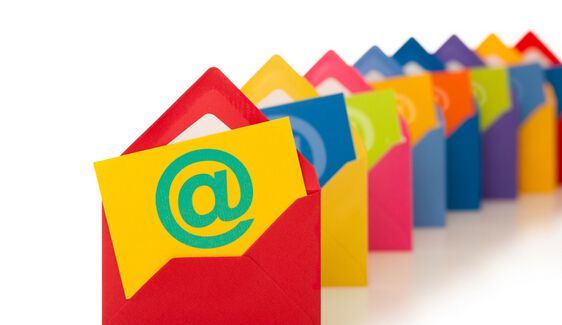职场口语 告别(3)
|
晚上告别 天色已晚,该回家了,可是该如何跟你的朋友告别呢?如果朋友再热情挽留,你又该说些 什么呢?
晚安。Good night. ○ Sleep well. 睡好啊。 ■ 注意“Good evening.”意指“晚上好”,而“Good night.”意指“晚安”。 晚安。明天见。Good night. See you tomorrow. ○ See you in the morning. 明早见。 ■ “Good night.”在熟人之间或非正式场合还可以直接简化为“Night.”。 晚安。做个好梦。Good night. Have a nice dream. = Good night. Sweet dreams. ○ Pleasant dreams. 做个好梦。 我想我该走了。晚安。Guess I should get going. Good night. ■ 本句省略了主语“I”,原句应该是“I guess I should get going.”。“guess”在这里意思是“想, 认为”。 哦,天哪!这么晚了。我得走了。Oh, God! It's late. I've got to go. ■ “have got to”是“have to”的口语表达方式,意思是“必须,不得不”。 ■ “I've got to go.”在口语中也常说成“I gotta go.”,“have/has got to”相当于“gotta”。 天哪!时候不早了。Heavens! Look at the time. ○ I must rush, I'm afraid. 恐怕我得赶紧走了。 ★ heaven['hevən]n. 天,上帝 ★ rush[rʌʃ]v. 冲,奔,仓促行动 我想我现在该走了。 I think I'd better leave now. ○ I'd better hit the road. 我该动身了。 ● hit the road “上路,出发” ■ 句型结构“I'd better do…”意思是“最好……”。 谢谢你的盛情款待。Thank you for your hospitality. ○ Thank you for a lovely evening. 感谢你让我度过了一个愉快的晚上。 ★ hospitality[ˌhɔspi'tæliti]n. 好客,盛情款待 我必须走了。时间太晚了,我还得赶末班车呢。I really must be going. It's rather late, and I've got to catch the last bus. ★ catch[kætʃ]v. 赶上(车、船等) |








